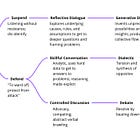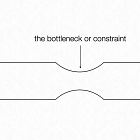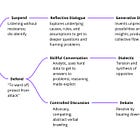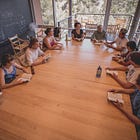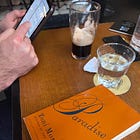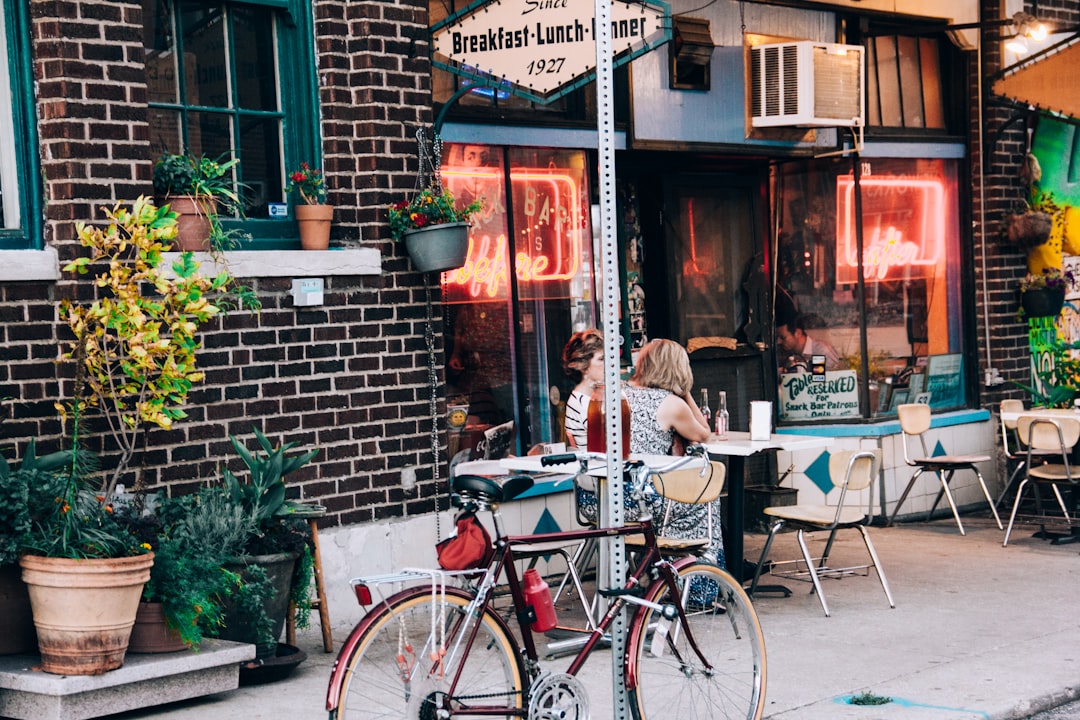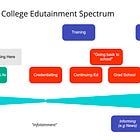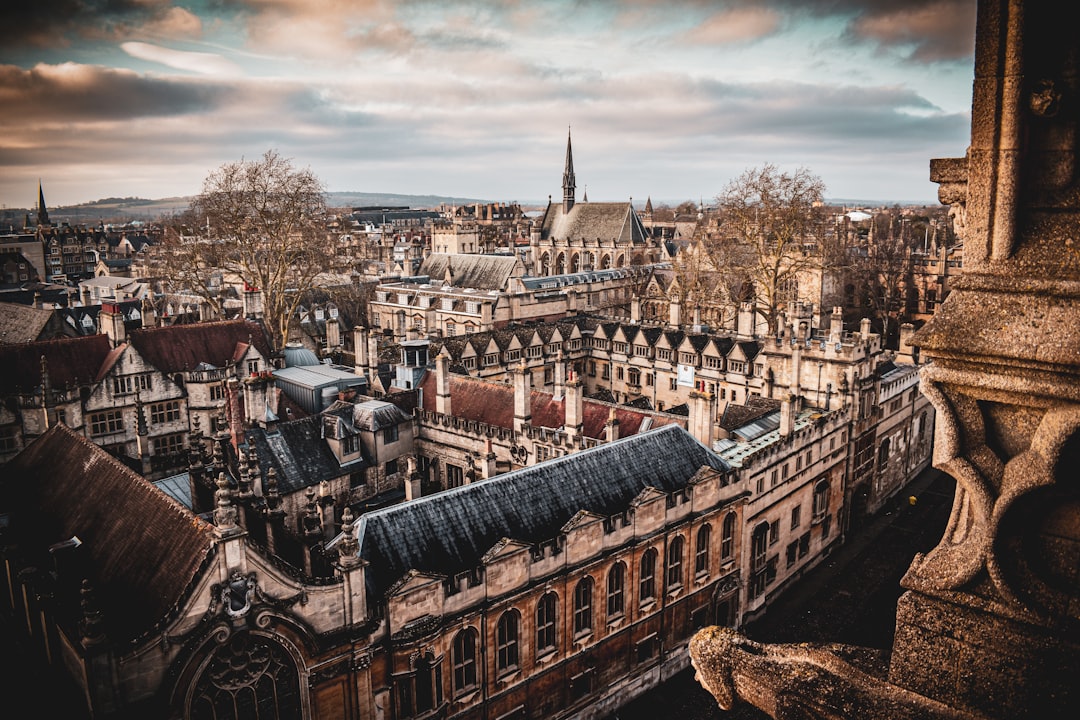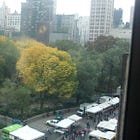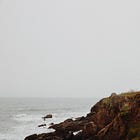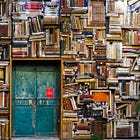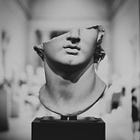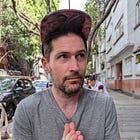You can still read it
The STEM v Humanities debate is a false dichotomy and a little recap of threads I'm pulling
You studied something "practical" in school. You wanted to make sure you had options in the job market. Makes perfect sense.
But, you can still get a more "well-rounded education." The STEM v Humanities debate is a false debate. It assumes 4 years of undergrad is the only time you’ll deep dive into hard topics.

The fact is you can still read those books people talk about as culturally or historically "important."
You can still read long and challenging books even though you're not in school. Even though you didn't when you were in school years ago. You don't even have to pay bajillions in time and money to go back to school to do so.
How do I know?
Because I help people digest what they read. It is 100% possible.
Let me break it down. I’ll use a recent example with my brother Mike.
Pick a book you've been wanting to read. A book you've been curious about. In Mike's case it was The Brother's Karamazov by Fyodor Dostoevsky. A long one that takes effort to understand.
Find someone who also wants to read the book. In Mike's case it was me, his brother, a guy who loves helping people digest what they read. Especially when it is a long and exasperating book.
Set a rough target date to have a conversation for digesting the book. In Mike's case we were shooting for the day before his wife's baby shower because I was going to be in town. When we set it it was a few months hence.
Check in with each other every once in a while with whatever page number you're on to make sure you're both progressing towards your target.
Pick a place that isn’t going to rush you out, that’s nice and enjoyable to look at and be in, that’s not too loud. For me sometimes luxuriating in the space is half the fun. In our case we picked a nice little microbrewery.
On the day you targeted, set aside a good amount of time. In Mike's case, we set aside ~2 hours with a little bit of brotherly catchup time in the beginning to ease into it.
Bring your curiosity in general and your questions in particular.
Unless someone is really bursting at the seams to ask their biggest question, flip a coin to see who gets to ask the opening question. I, the digestion helper, always come ready with a few, but I think preparing your own as you read makes you a more engaged reader.
With 10 to 15 minutes left, begin to close things out with gathering your final thoughts and takeaways on the book, the author's message, and the conversation for digestion itself. How has the book changed you? Do you agree or disagree with the author's message? Did the conversation and reading with someone help with digesting this written work of art?
In the end, Mike didn't have to go back to school. It did take time to read the book. But it only cost him a fraction of a semester's tuition. And, as he said, if we hadn't had our conversation the book would have just been read, been a confusing mystery to him, and then sat on his shelf if he'd even have managed to finish it in the first place.
Read together. Talk about what you read. Really digest it.
And if you need help, I love helping people digest what they read.
Follow on Social: TikTok, Instagram and YouTube Shorts
What are you reading at the moment?
Mini Retrospective/Prospective of Threads I’m pulling on
Mostly for myself as I get back into it
Flow
I’ve been writing on use cases inspired by my reading about the Theory of Constraints in The Goal: A Process of Ongoing Improvement. I’ve been a bit obsessed. It’s like when you learn a new concept or word and start seeing it everywhere. I forget which bias that is…
Dialogue
What is it and what does it have to do with reading really great books? Hint: Everything.
Edutainment
Apparently I’m not coining this phrase, but I intend to make it my own expanding on my view that reading long challenging books is still something you can do later in life and you can do it for fun!
Lit and Leadership
In the 90’s a Stanford Business School professor by the name of James G. March taught a leadership course that involved reading Tolstoy, Shakespeare and Don Quixote. His stance was leadership is about human dilemmas and thus could only be studied by reading great fiction depicting… human dilemmas.
A Multicultural Canon
I attended an undergrad known for reading the “Western Canon”. We increasingly live in a multicultural world. What would an antiracist, multicultural canon look like? I want to know. And I want to read and dialogue about each and every work that makes the list. But first, what’s a canon and what does a canon add to our lives if anything?
Designing Aligned AI with the Humanities
The effort to “design” “aligned AI” has been talked about more and more with the recent release of ChatGPT. Usually the emphasis is on the AI part rather than the what to align it with. I have a hunch the humanities have a lot to offer the conversation about what it means to be human and to design something aligned with being human.
Spot reviews
Great places to read and dialogue. Some places are great for reading and dialoguing. Some are too loud. Some don’t want you to sit around taking up space but want you to get your thrills and move on. Most of these are in NYC. I, of course, would love to expand my horizons more and more.
Reading and Retreats and Travel
I made up this thing where I deep dive on a book for a whole weekend and called it a “Reading Retreat.” I also love the idea of reading a book somewhere relevant to the book: think 100 Years of Solitude in Colombia or The Odyssey island hopping in Greece. Why isn’t this more normal? I recently read Carlos Fuentes’ Where the Air is Clear in Mexico City where it takes place. Made for a much more vivid experience.
Follow on Social: TikTok, Instagram and YouTube Shorts
What are you reading at the moment?

